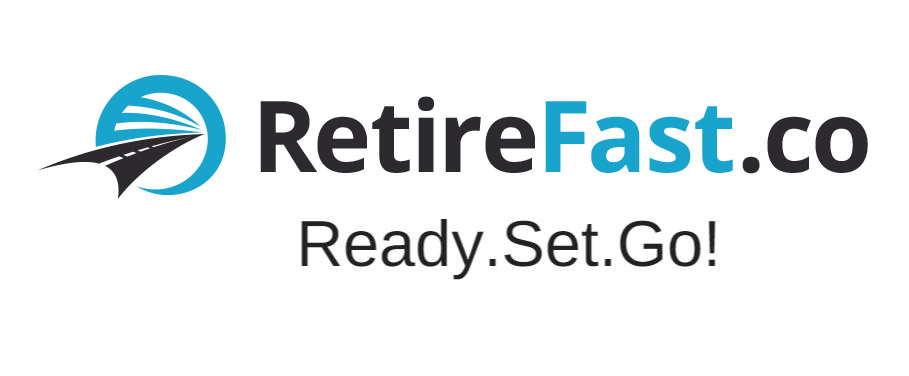The phones are constantly ringing in my office these days about the current tax initiatives. How will this potential tax reform affect stocks, and how much will eventually flow to stockholders? There is still some uncertainty about whether the two bills can be reconciled and what the final product will be; the Senate and House bills still need to be reconciled. But the recent run-up in stock prices implies the market is confident there will be at least some relief for corporations. There are two changes in the drafts floating around Congress that have investors sitting on the edge of their seats: a potential tax amnesty for companies that bring foreign-held cash back to the United States and a reduction in corporate tax rates.
American corporations have an estimated $2.5 trillion dollars in cash overseas. A good percentage of that cash is there to support the firms’ local operations or reduce currency risk, but companies also keep cash overseas to avoid paying U.S. taxes at the current corporate tax rates. That foreign-held cash isn’t benefiting the U.S. economy. If the government allows that cash to flow back to the U.S. by reducing or eliminating the tax hit, then the money can be distributed to stakeholders of the firm or deployed domestically in profitable projects. Because interest rates are so low, it’s reasonable to suspect companies don’t need that cash to grow and the bulk of any repatriated cash will be distributed to shareholders, either through dividends or stock buybacks. That same thinking applies to any cuts to corporate tax rates. If corporations are taxed less, they will have more after-tax money to pay out to shareholders. One could infere that would be a good thing for dividend shareholders.
All of the tax reform negotiations have been public knowledge and stock prices may already reflect most of the expected benefit of tax reform. Some key details are unknown as it relates to debt deductibility and the net after tax benefits of certain types of investment vehicles. You will notice capital be re-positioned following the final outcome to be sure. The market prices a stock according to what it expects it will be worth in the future, minus a fudge factor for uncertainty and how far away that future is. The more certain that future becomes, the more investors will pay today. I’ve heard that a bird in the hand is allegedly worth two in the bush. But, maybe, it would be worth it to trade that bird in your hand if there were three in the bush. Enough discussion about avian and flora matters, the bottom line is corporate growth would accelerate with lower corporate taxes. Some stock market sectors have been rallying as tax reform negotiations heat up. If reform does happen, I wouldn’t be surprised if there wasn’t a huge reaction, albeit a positive one. But if negotiations fall apart, I’d expect many stocks to reverse some of their big gains. That risk isn’t limited to tax legislation, either. Anytime you invest according to a broad theme, whether it’s a change in the tax code or what Gen Y will be buying ten years from now, be wary of either picking the wrong theme or the right theme too late. My fingers are crossed for lower corporate taxes. Give my office a call 1-855-355-3337 for the Business Insider list of companies with the highest effective US tax rates and the most foreign held cash. All eyes will be on these companies upon the final passing of a tax re-reform bill.
These 13 companies pay the highest effective tax rate in the US
The 50 Largest Stashes of Cash Companies Keep Overseas



